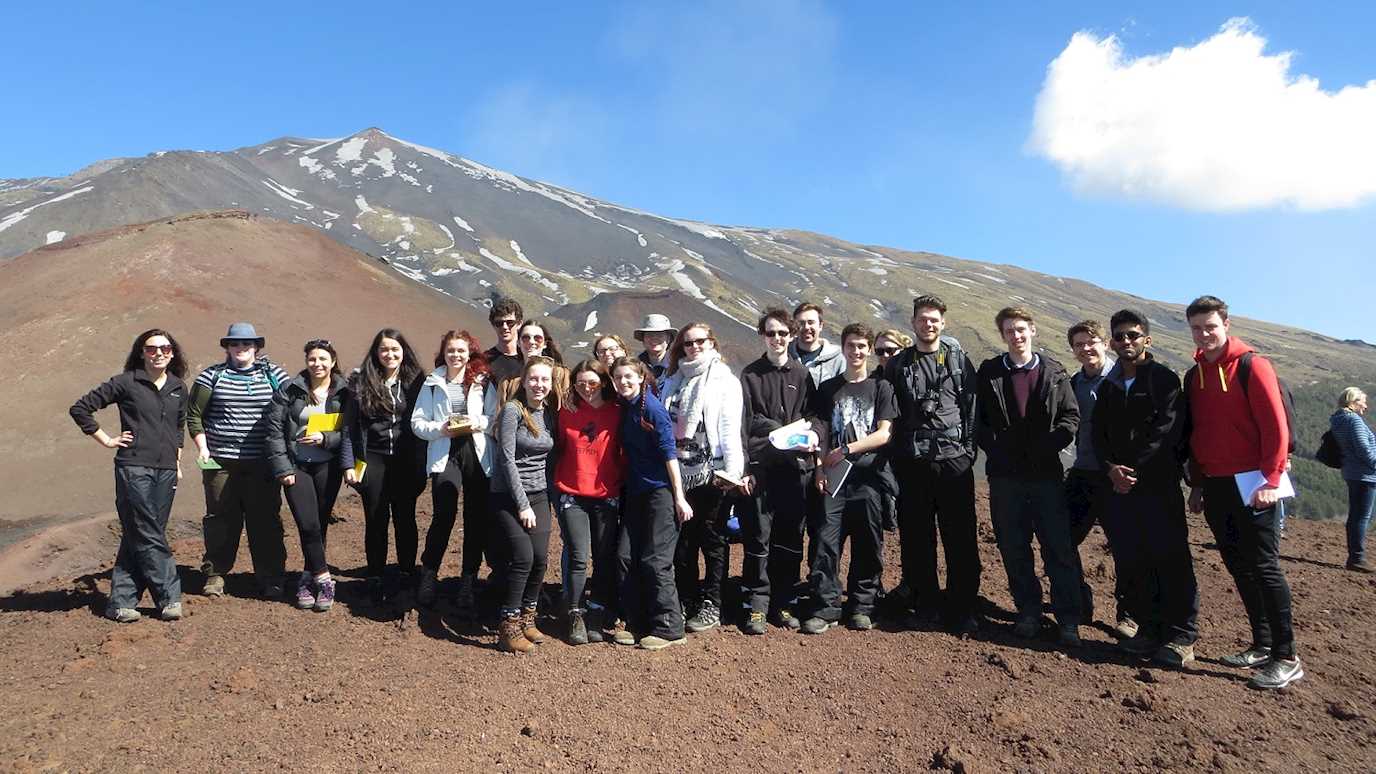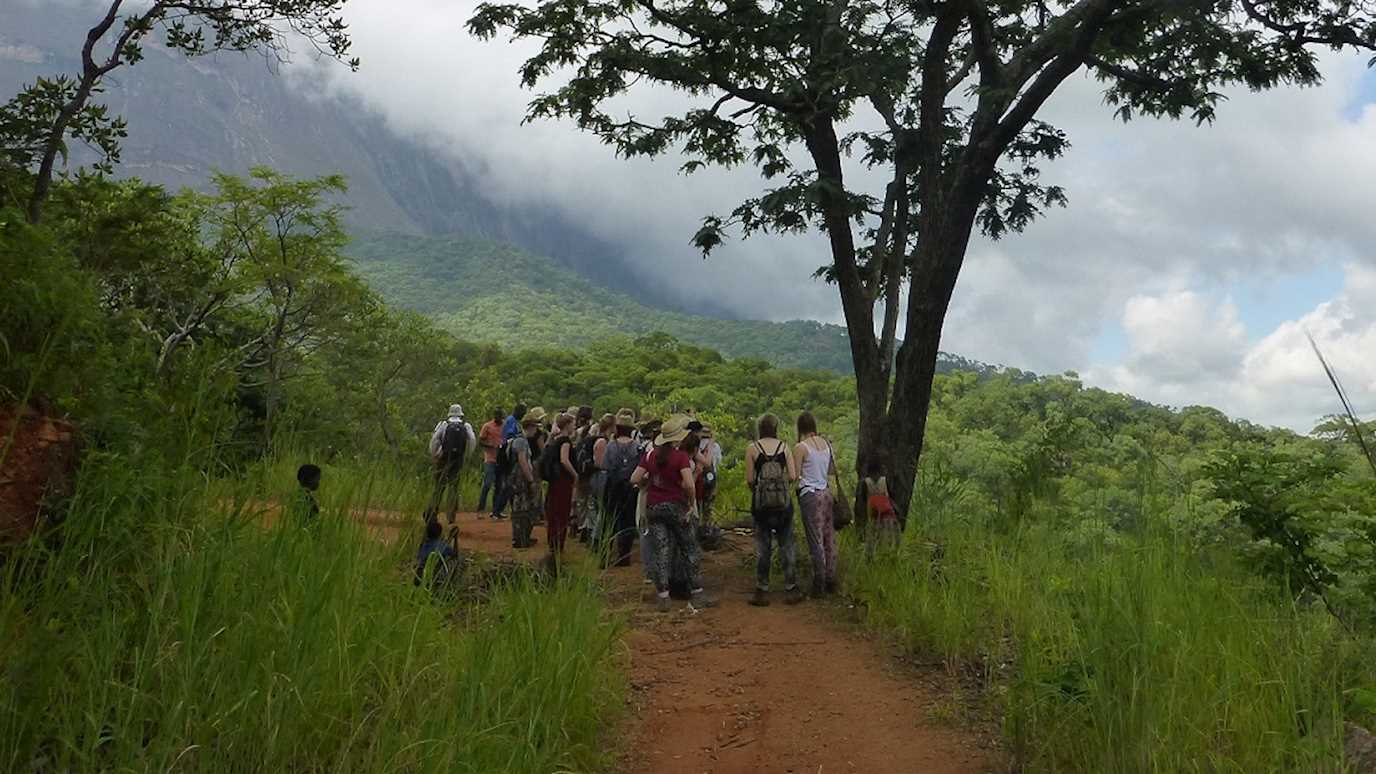Fieldwork is a key part of the experience of doing Geography at Royal Holloway. The Department offers a substantial and exciting range of field trips in the UK and overseas. Current locations include Cyprus, Spain, Malawi, Sicily, London and New York. The cost of the Year 1 fieldtrip to Spain is included in the student fee.
The fieldwork curriculum is designed to provide a rigorous training in research skills in human and physical geography, and prepares students for their own research within the dissertation completed in their third year. The curriculum is arranged as follows:
In Year 1, students undertake field training in two forms:
1. Local Field Training: Specialist training in techniques is undertaken at sites local to Royal Holloway. (Assessment: continuous throughout Term 1).
2. One-week course to Andalusia in southern Spain. All students attend this trip which normally runs at the start of the spring term. (Assessment: production of a poster and a formal report).
In Year 2, students select one field course from the six options available. Each location and course is designed to provide a training in specialist methods, techniques and approaches, as follows:
Human & Environmental Geography - Malawi
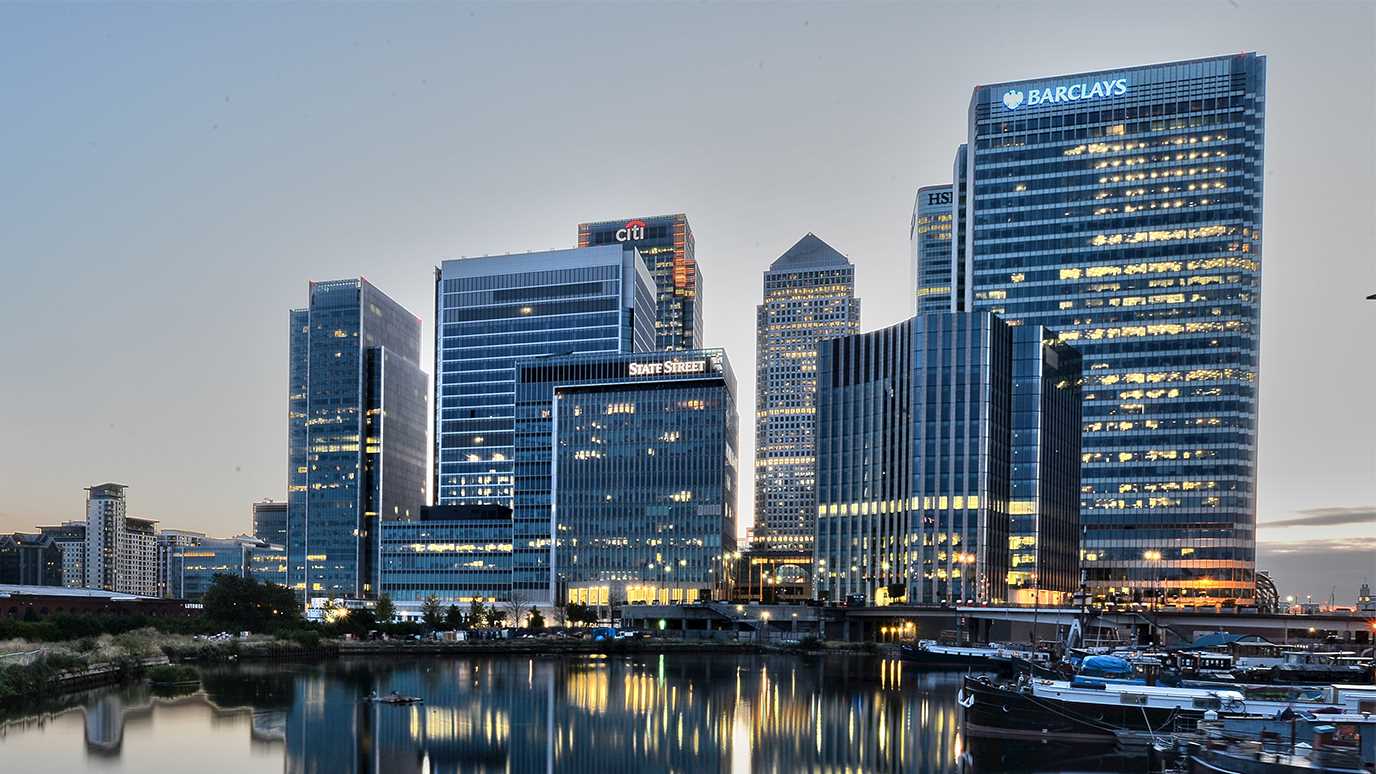
London

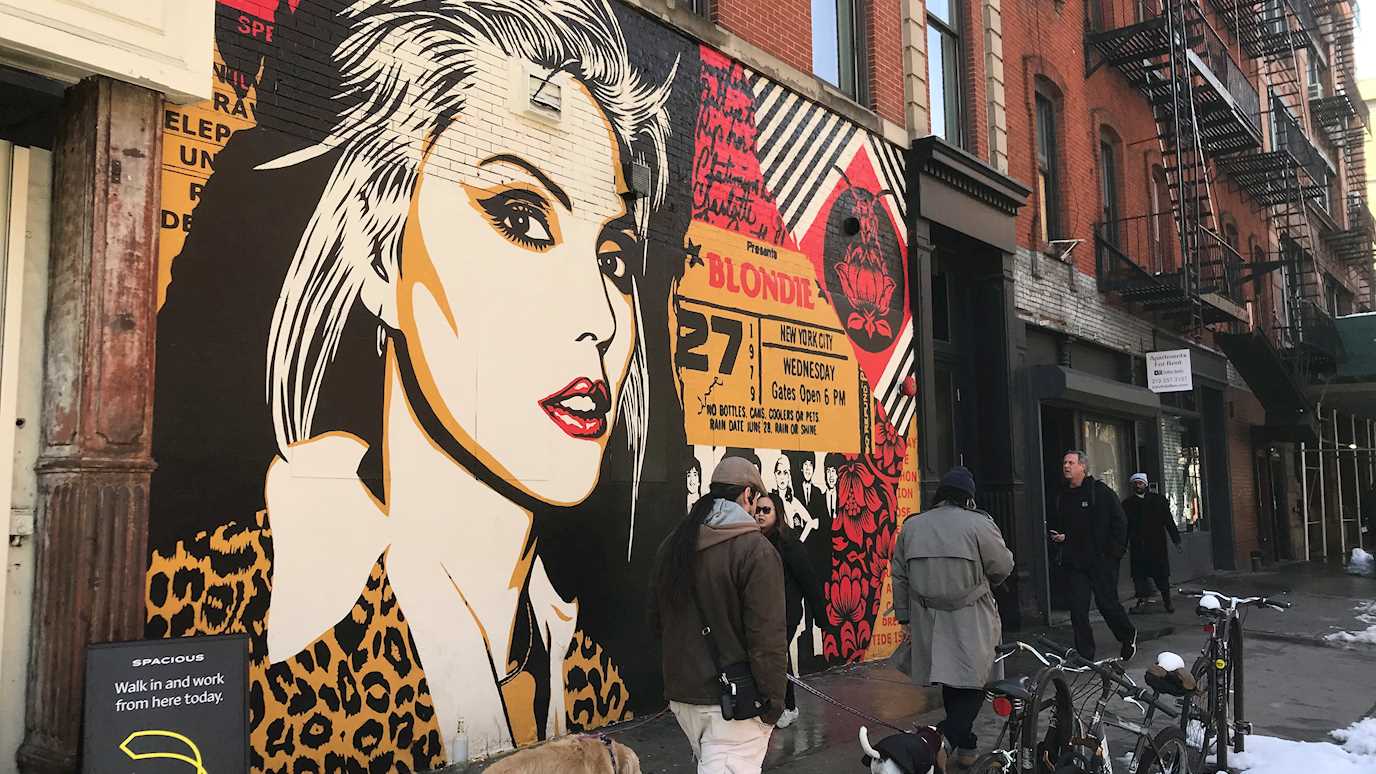
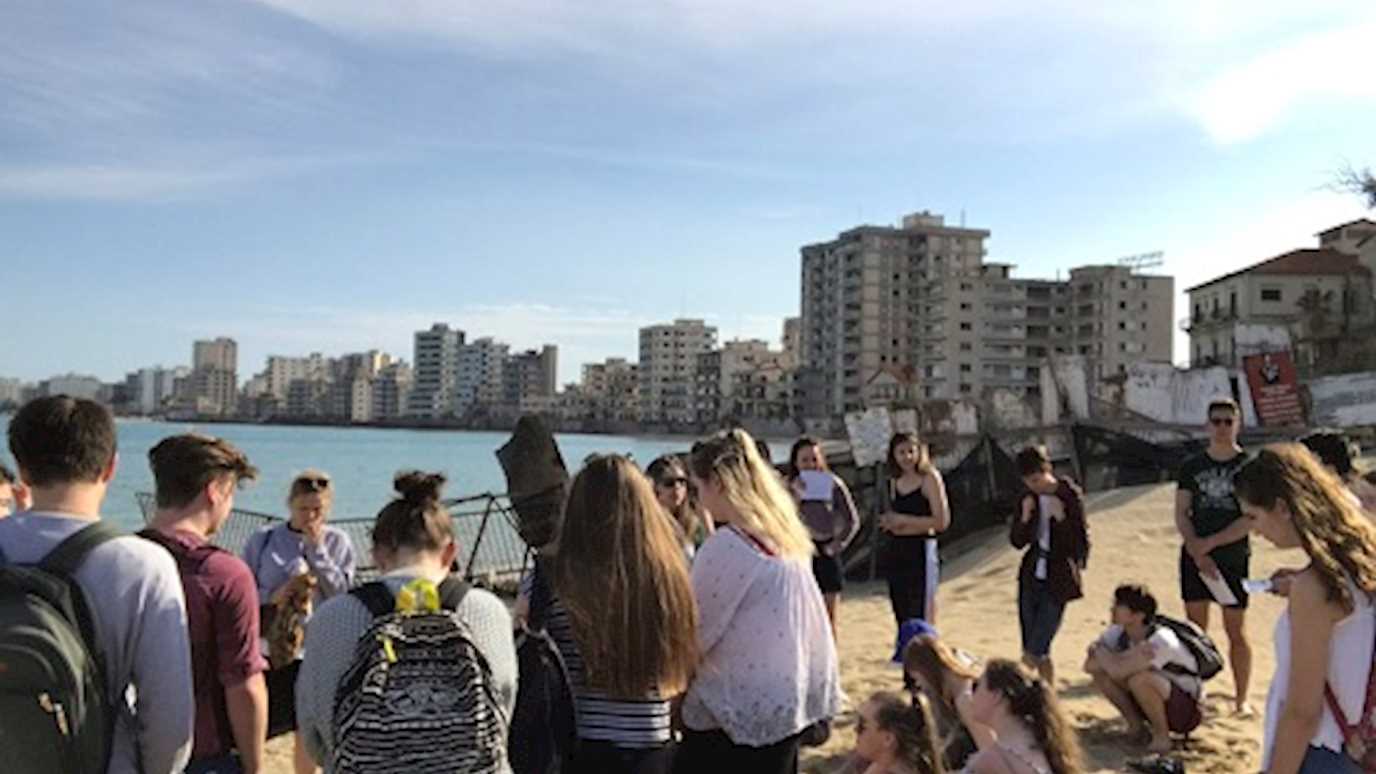
Assessment: a field report based on project work carried out in the field. This contributes substantially to the final degree assessment.
There is no compulsory field trip in the third year, although many course options have day or residential trips associated with them. Fieldwork can be undertaken as part of the dissertation process:
Dissertation
Completed in the 3rd year, you will produce an 10,000 word Dissertation on a research topic of your own choice. This forms an important part of the final degree assessment. You are encouraged to develop your projects through contact with local authorities, aid organisations, environmental agencies, commerce, industry and international expeditions.
An opportunity to work on a substantial research problem, often exploring and developing research techniques in one of the Department’s fields of special expertise. The selection of a research problem is made by the student in consultation with a member of academic staff, who acts as your advisor throughout the research project. Recent topics have included: NGO support for street-children; investigating vegetarianism and the environment; refugees’ sense of place; the role of wetlands in river water quality; climate change adaptation in Bangladesh; heritage tourism and the National Trust; drone warfare in Syria; regeneration and community involvement in London; reconstructing past peatland environments.
Many dissertation topics provide a chance to meet and work with experts in national and international agencies who are collaborating with Departmental staff. Students also work alongside staff members on ongoing research projects.
Field training, particularly the Third Year dissertation, provide an opportunity for you to investigate ‘real world’ problems. It is for this reason that we consider fieldwork a vital part of an undergraduate course.









